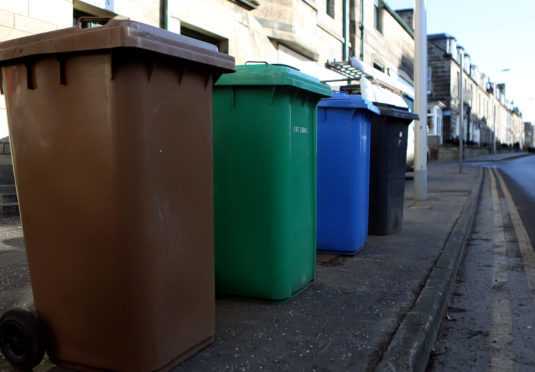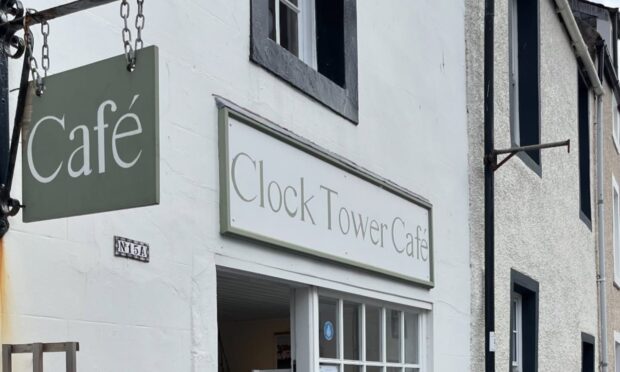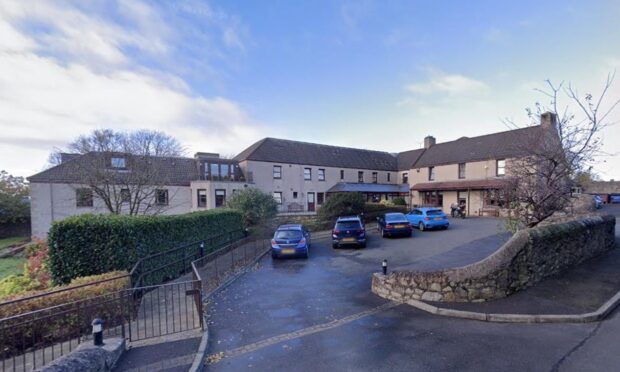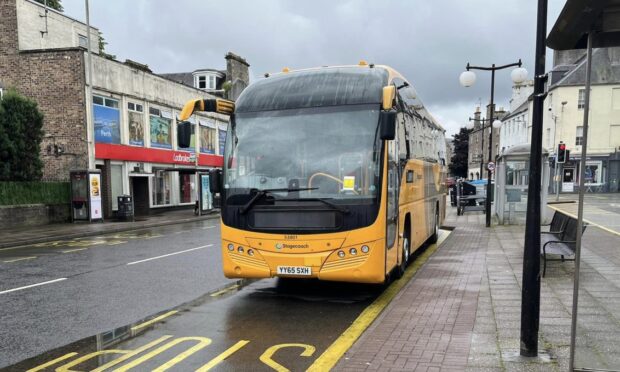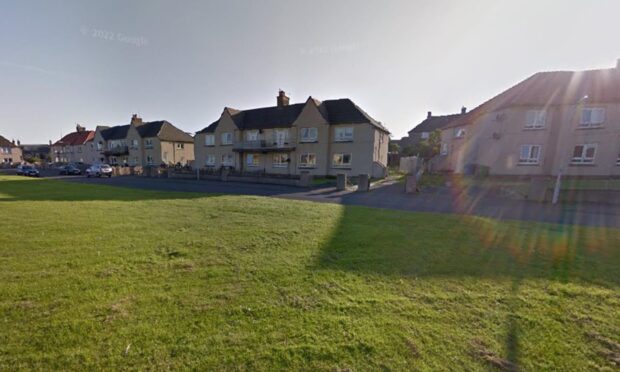First thing’s first, a disclosure.
Regular readers will be well aware that I’ve been fairly critical in the past year or so of Fife Council and its arm’s-length company Fife Resource Solutions when it comes to providing access to household recycling centres.
We’ve had it drummed into us for many years now about the need to recycle, so to me cutting hours, preventing people from merely walking on to sites, and doing things like banning double-axle trailers – which I admit was subsequently revisited – were all counter productive.
And while the reasoning behind new measures to cut down on commercial users who were misusing the centres (i.e. without paying for the privilege when they should have been) is entirely sound, I doubt anyone is surprised to see the large rise in the number of illegal fly-tipping incidents that there appears to have been since the policy was introduced.
Having said all that, Fife has always been one of best performing local authorities for recycling and has led the way with innovations that have been copied elsewhere for good reason.
Quibbles about bin sizes and what larger families might dispose of per week aside, no-one can deny the fact that householders have been given the tools to do their bit for the environment.
So to learn this week that rubbish being dumped in the ‘wrong’ bins is costing taxpayers here more than £2 million a year to process is disappointing to say the least.
We revealed this week how food and garden waste wrongly discarded in blue landfill bins accounted for over a quarter of Fife’s total landfill waste in 2017, costing the council £1.15 million in landfill tax and processing fees. Take into account discarded plastics and glass and that figure more than doubles.
Every penny is a prisoner and we all have a responsibility to change our culture.
When you are about to nonchalantly tip last night’s kebab remnants into your blue bin rather than your brown bin, just remember that £2 million-plus huge chunk of change that really should have been spent elsewhere.
I’m not saying it’s easy for everyone to recycle ‘perfectly’, far from it.
For example, it’s only within the last few months that I learned that cardboard pizza boxes shouldn’t go in the paper bin because they become soiled with grease, cheese and other foods and the paper fibres can’t be separated from oils during pulping.
You live and learn.
But I’m guessing the people who are first to complain about services being cut or community facilities closing are the ones who don’t really give a toss when confronted with the array of blue, brown, green and black bins they have been provided with for a reason.
